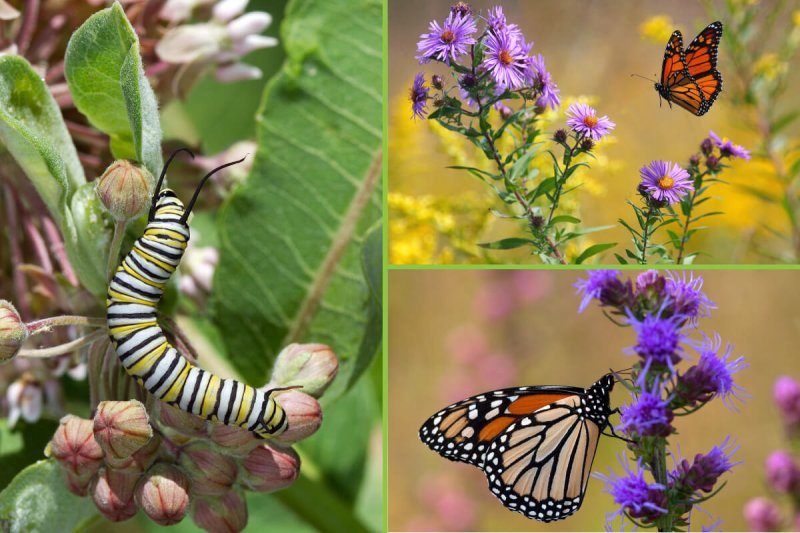…
“The connection between population dynamics from winter to spring to summer is more complex than in other species,” [said Sarah Saunders, MSU integrative biologist and lead author]. “Our study provides the first empirical evidence of a negative association between glyphosate application and local abundance of adult monarch butterflies during 1994-2003, the initial phase of large-scale herbicide adoption in the Midwest.”
Glyphosate, a key ingredient found in Roundup and other herbicides, may be a contributing cause of population decline due to its ability to reduce milkweed plants. While milkweed serves as the host plant for monarch eggs, the extent in which milkweed loss affects monarch trends is still controversial, she added.
…
“Butterflies face myriad challenges, and habitat loss and climate change are clearly important pieces of it,” [said Elise Zipkin, MSU integrative biologist and co-author]. “Our long-term goal is to examine the many stressors on monarchs across all seasons and identify which ones are the most critical. Future research could then offer solutions on how to develop effective conservation strategies.”
[Read the full study here (behind paywall)]
The GLP aggregated and excerpted this blog/article to reflect the diversity of news, opinion, and analysis. Read full, original post: Looking beyond the breeding grounds































